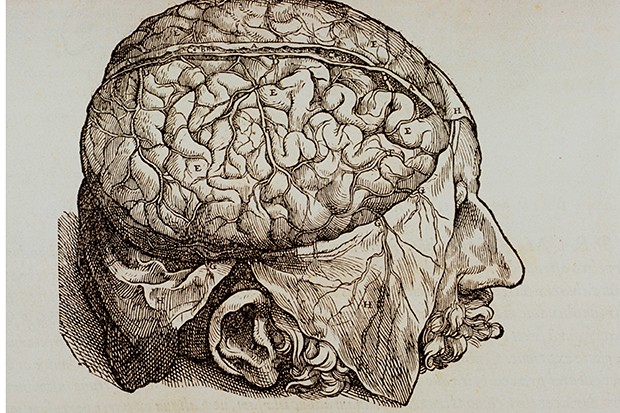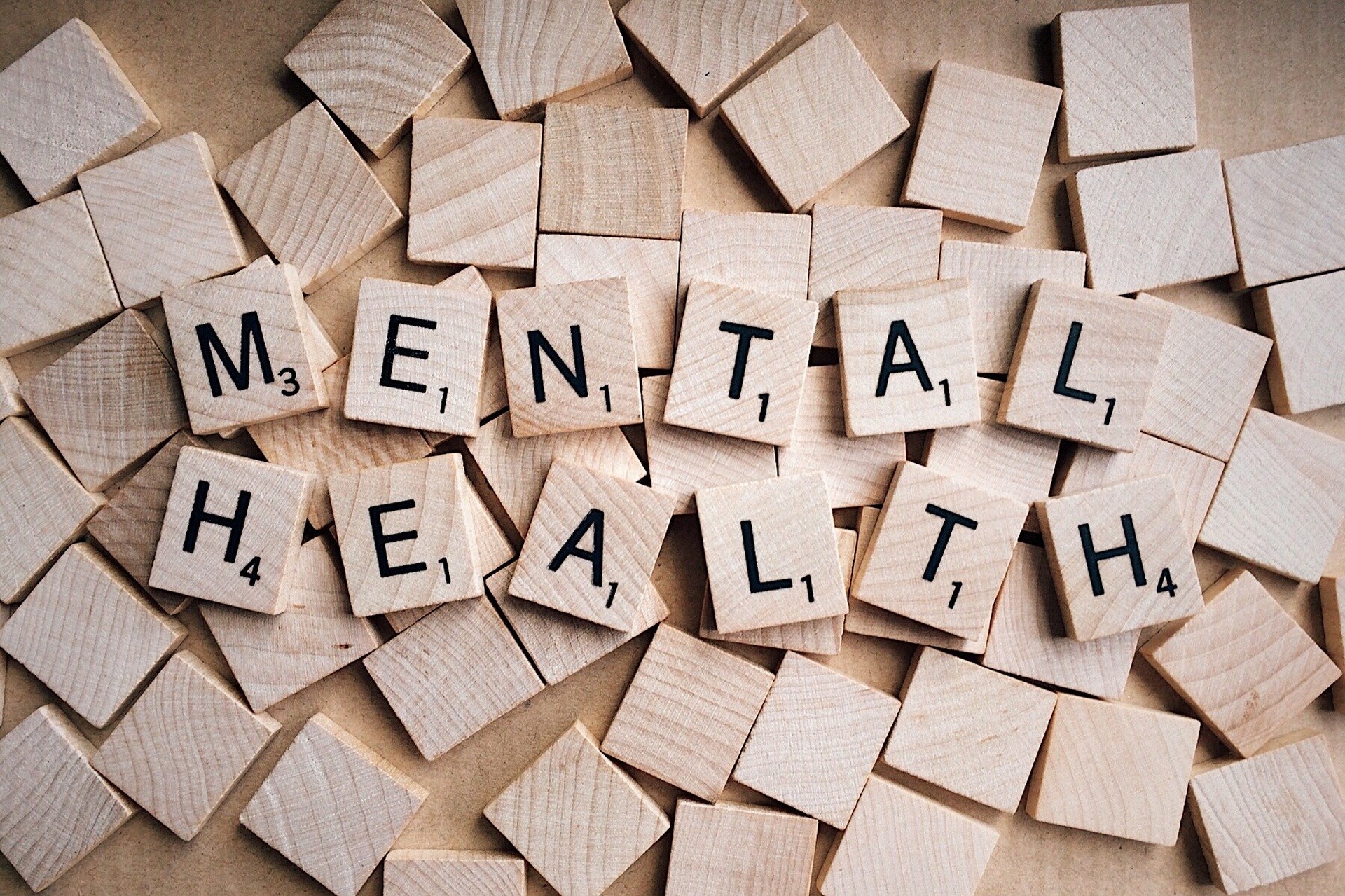In today’s fast-paced and interconnected world, mental health issues have become increasingly prevalent. Depression, loneliness, and low self-confidence are some of the most common challenges individuals face, and they often interconnect in complex ways. In this comprehensive guide, we will delve into the intricate relationship between depression, loneliness, and low self-confidence, shedding light on how these factors impact one’s mental well-being.

The Silent Struggles: Depression, Loneliness, and Low Self-Confidence
Defining Depression
Depression is a widespread mental health disorder characterized by persistent feelings of sadness, hopelessness, and a lack of interest or pleasure in activities. It can affect anyone, regardless of age or background, and often goes unnoticed.
Unveiling Loneliness
Loneliness is not limited to social isolation. It is a pervasive emotional state where one feels disconnected from others. Loneliness can intensify the effects of depression and exacerbate low self-confidence.
Unraveling Low Self-Confidence
Low self-confidence is a lack of belief in one’s abilities and self-worth. It can be both a cause and a consequence of depression and loneliness.
The Interplay: How Depression, Loneliness, and Low Self-Confidence Connect
A Vicious Cycle
Depression often leads to social withdrawal, which, in turn, fosters loneliness. Loneliness can erode self-esteem and self-confidence, intensifying feelings of depression. This vicious cycle is a common experience for many individuals.
The Impact of Negative Self-Image
Low self-confidence contributes to a negative self-image, making individuals more susceptible to depressive thoughts and loneliness. The lack of self-belief can hinder social interactions and exacerbate feelings of isolation.
Coping Mechanisms
Individuals dealing with these challenges may resort to unhealthy coping mechanisms, such as substance abuse or self-harm, which further worsen their mental health.
The Biological Connection
Neurotransmitters and Depression
Depression is often linked to imbalances in neurotransmitters, chemicals in the brain that regulate mood. Loneliness and low self-confidence can further disrupt this delicate balance.
The Stress Hormone
Chronic stress resulting from loneliness and low self-confidence can lead to the overproduction of cortisol, a stress hormone. Elevated cortisol levels are associated with depressive symptoms.
The Psychological Aspects
Cognitive Distortions
Depression often involves distorted thought patterns, including self-criticism and negative self-talk. Low self-confidence can amplify these cognitive distortions, reinforcing feelings of worthlessness.
Social Anxiety
Low self-confidence and loneliness can give rise to social anxiety, making it difficult for individuals to connect with others and seek help.
Breaking the Chains: Strategies for Improvement
Seeking Professional Help
Therapy and counseling can be instrumental in addressing depression, loneliness, and low self-confidence. Trained professionals provide guidance and support to help individuals regain control over their mental well-being.
Building a Support Network
Connecting with friends, family, or support groups can combat loneliness and provide emotional sustenance during difficult times.
Self-Compassion
Practicing self-compassion and self-acceptance can be a powerful antidote to low self-confidence. It can gradually change the way individuals perceive themselves.
The Conclusion: Nurturing Mental Well-Being
In conclusion, the relationship between depression, loneliness, and low self-confidence is intricate and mutually reinforcing. Understanding the interconnected nature of these issues is crucial for those who are struggling and for their loved ones. While the road to recovery may be challenging, it is by no means insurmountable. With the right support and strategies, individuals can break free from the clutches of these mental health challenges and regain control over their lives. Remember, you are not alone in this journey, and there is always hope for a brighter, more confident, and fulfilling future.
